An excellent credit score is key to lower rates and easy approval for credit cards and loans. If your credit score has taken a hit, there are some simple strategies you can implement to increase your credit score quickly, starting today.
How long does it take to improve your credit score? It varies and depends on how bad your credit score is. With the right approach, you can see significant improvements in as little as 30 days.
No matter how bad your credit score is, following the right strategy can increase it by 100 to 200 points in no time at all.
What is a Good Credit Score?
A credit score is a 3-digit number that credit bureaus (Equifax and TransUnion) provide to lenders and others who want to assess your creditworthiness. These include banks, mortgage lenders, insurance companies, utility providers, and in some cases, potential employers.
Your credit score can range from bad to excellent. In Canada, credit scores range from 300 to 900, with the following rankings:
- 800 – 900: Excellent credit score
- 720 – 799: Very Good credit score
- 650 – 719: Good credit score
- 600 – 649: Fair credit score
- 300 – 599: Poor credit score
In the United States, the range is from 300 to 850.
If your credit score is in the “good” to “excellent” range, it is easy to get loan and credit approvals and qualify for competitive rates.
When your credit score falls in the “poor” to “fair” category, you may be required to pay sub-par rates on credit lines or be denied outright.
8 Ways To Increase Your Credit Score in Canada
Follow these eight simple steps to start raising your credit score today:
1. Inspect Your Credit Report and Score
As per the Federal Trade Commission, about 1 in 5 consumers have errors in their credit reports that negatively impact their credit score. That’s a big number and is why you should routinely request your free credit report annually and read it through for any errors.
By law, the two major credit bureaus (Equifax and TransUnion) are required to each provide you with one copy of your credit report per year (upon request).
Companies like Borrowell (Canada) or Credit Sesame (U.S.) also provide it for free on a weekly or monthly basis, along with your credit score. Checking your own credit score (and report) does not impact it as it is deemed a “soft inquiry.”
Errors on your report could include wrong personal information, inaccurate status, e.g. late payments made on time, hard inquiries you did not authorize, negative information that has expired, e.g. collections, bankruptcy, open debts that have been paid in full, etc.
You can dispute any errors on your credit report and ask that they be removed. The credit bureaus will investigate your claim and respond within 30 days.
2. Pay Your Bills On Time
The first step to improving your credit score is to pay your credit card balances on time – all of the time. Payment history is the most important factor for ranking your score.
Late payments are registered on your credit as negative information. The later the payment is, the more damage you can expect to your credit score.
Even if you have missed paying your bills on time in the past, the only way to revive your score is to start making payments before they are due. Automate your bill payments so you do not forget.
Related: How To Dispute Errors on Your Credit Report
3. Keep a Low Balance
Credit reporting agencies dislike a high credit balance. When you max out your credit, it hurts your credit score.
A popular ratio used to measure how you use credit is known as the “credit utilization ratio.” This ratio measures how much of your total credit is being used.
For example, let us assume you have two credit cards, A & B, each with a credit limit of $5,000. If you carry a balance of $2,000 on Card A and $1,000 on Card B, your credit utilization ratio is calculated as:
Total credit limit: $5,000 + $5,000 = $10,000
Total debt: $2,000 + $1,000 = $3,000
Credit utilization ratio: $3,000/$10,000 = 30%
The consensus is that you should aim to keep your credit utilization ratio below 30%. The lower, the better. Some ways to accomplish this include:
- Ask for a credit limit increase – the higher your limit, the lower your utilization. For example, if you double your limit, you cut your utilization in half for the same spending.
- Pay down your balances more often. Credit card issuers report your balance to the bureaus once a month, and it is in your favour if they report a lower balance.

4. Keep Old Credit Alive
The length of your credit history influences your credit score. Do not cancel old credit cards in good standing, even if you rarely use them now. Keep these cards and use them now and then to show some “activity” on your credit profile.
Cancelling old lines of credit also lowers your total credit limit, hurting your credit utilization ratio.
5. Vary Your Credit
It helps to have various credit accounts, such as credit cards, installment loans, lines of credit, and mortgages. Your ability to manage all these different credit facilities well signals to credit bureaus that you are a good borrower.
Your mix of credit affects your credit score by about 10%.
6. Plan Your Credit Shopping
Every time you apply for credit, a hard inquiry is placed on your credit file, resulting in a drop in your credit score. If you need to shop around in several places for credit, for example, if you are shopping around for a car loan with the best interest rate, try and do so within 2 weeks.
Credit reporting agencies will consider all the hard inquiries placed on your file within this period as one hit, limiting the potential impact that several hard inquiries would otherwise have.
7. Consolidate Your Debt
If you have a significant credit balance and find it difficult to pay it off, a low-interest balance transfer credit card can save you thousands of dollars in interest payments.
An example of a low-interest balance transfer card in Canada is the Scotiabank Value Visa Card, which charges 0% interest for 10 months and 12.99% after that.
To make the most of this strategy, you should plan to pay all or a significant portion of your debt during the low-interest period – usually 6 months.
If you qualify for a personal loan at a reasonable rate, you can use this to pay off your credit card balance and save money.
8. Get a Secured Credit Card
If your credit score is poor or you do not have a credit history (e.g., if you are a new immigrant or student), it may be difficult to qualify for a regular credit card.
A “secured” credit card requires you to deposit with the bank (such as in a GIC) that secures the amount of credit they are extending to you. For example, if your credit card has a limit of $2,000, you will be required to deposit $2,000 in a designated account.
A secured credit card helps you to build your credit score when there are limited options. You will still need to pay your balance on time, and this is a good way to learn about how to use credit responsibly.
Neo Secured Credit
Rewards: Earn an average of 5% real cash back on purchases.
Welcome offer: Up to 15% cashback on your first-time purchases, plus a $25 welcome bonus.
Interest rates: 19.99% – 29.99% for purchases; 22.99% – 31.99% for cash advances.
Annual fee: $0
Credit limit: Starts at $50.
Credit score required: Poor or bad credit score.
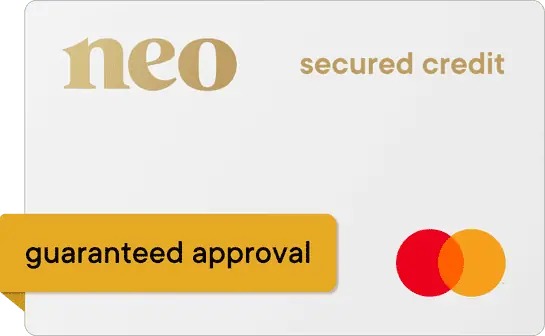
You can compare the other secured credit cards in Canada.
How To Check Your Credit Score and Report For Free
While you can obtain a credit score for about $20 from Equifax and TransUnion, there’s no need to do so. You can now obtain your free score and report from companies like:
In Canada:
Borrowell: Get a free credit score and report (using Equifax). It is updated weekly.
Clearscore: They provide a free credit score and report (using TransUnion), which is updated monthly.
United States: Credit Sesame for a free credit score and report. And Credit Karma for a Free credit score and report.
Checking your credit score does not impact it in any way.
If you prefer, you are entitled to one free credit report every year from TransUnion and Equifax. You can obtain them as follows:
TransUnion: Online, via mail, in-person, or by phone at 1-800-663-9980
Equifax: In person, via mail, or by phone at 1-800-465-7166
How Is Your Credit Score Calculated?
A variety of factors are taken into consideration when calculating your credit score. The most popular criteria utilized by FICO are:
A. Payment history: This makes up 35% of your credit score and is the most important factor influencing your score.
B. The amount owed makes up about 30% of your credit score.
C. Length of credit history: The longer this is, the better. It makes up about 15% of your credit score.
D. New credit history: The recent activity on your credit histories, such as new accounts and inquiries, account for approximately 10% of your credit score.
E. Types of Credit: The different types of credit accounts you have opened make up the remaining 10% of your credit score.
Related: 10 Smart Strategies For Getting Out of Debt
Closing Thoughts
If your credit score is less than stellar, there is hope. With the steps detailed above, you can turn things around and improve your score by 100 or 200 points in a very short time.
The starting point is to request your credit report and check it for errors. If there are any errors, dispute them and have them rectified.
Following this, you should ensure you pay your bills on time, which is the most important factor impacting your score.
Lower your credit usage across the board, so your credit utilization is decreased. If you can stay disciplined with credit, increase your credit limit and the variety of credit gradually.
If you can do all these, you are on your way to raising your credit score and improving your finances for good!
Related Posts:





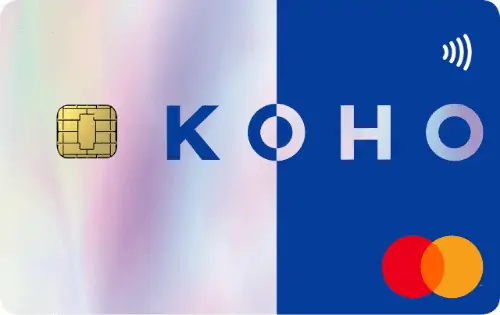
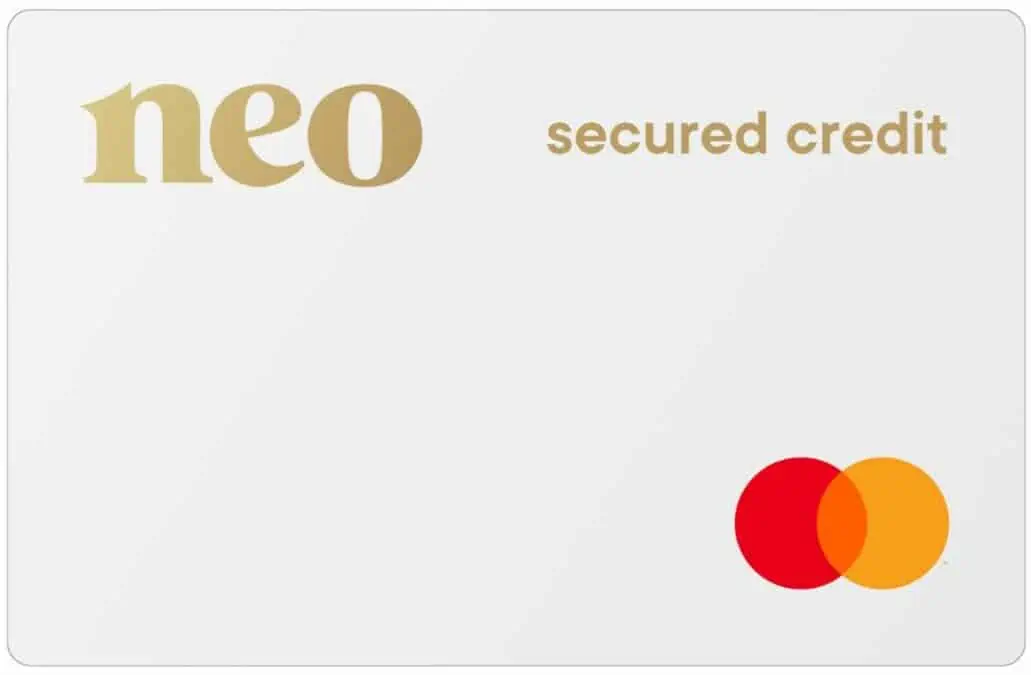
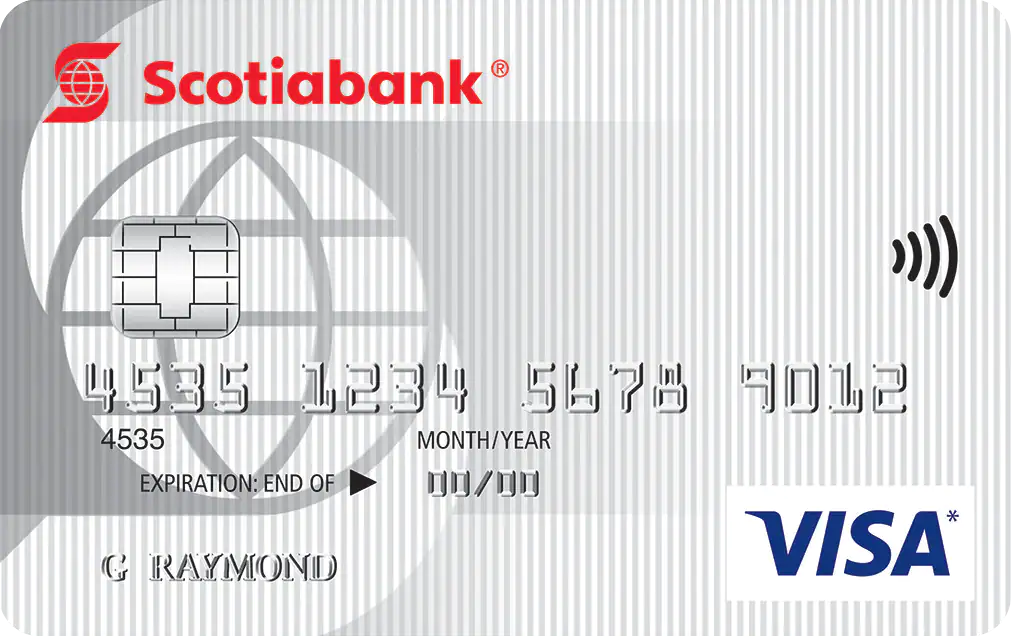
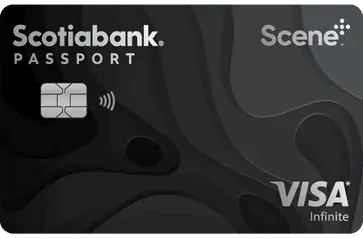
While Borrowell and Credit Karma are great for providing a free credit rating but the scores they provide can be different than the scores the bank will pull. There is a roughly 50 point difference between my Credit Karma and Borrowell scores and the score provided to me by Transunion. It’s great for general info but it’s not exact. As well, you can get a free credit report, once a year, from both Transunion and Equifax. If you order a free report from Transunion in January then you can get another free report from Equifax in July and then order another one from Transunion again in January.
@Carol: YOu are right about the slight differences in scores. These differences also exist between credit bureaus (equifax vs. transunion).
I recently published a post showing what causes these differences here:
https://www.savvynewcanadians.com/transunion-vs-equifax-credit-scores-why-the-difference/
Enoch, you are doing a great thing helping people with their finances. You have helped me to figure a few things out. What is your direct email?
How do i dispute my credit who do i call. Do i call the bank. Im not sure where to start the dispute
Are you certain you can piggy bank off of Someone else credit in Canada?
I know it works well in the states but I have heard it will not effect your credit in Canada as credit companies do not report for authorized users.
@Mike: Good point. The impact of the credit habits of a primary credit card user on an “authorized” user’s credit rating is not as pronounced or clear in Canada. However, depending on what resource you check, it may help.
consumer.equifax.ca/personal/education/credit-report/establishing-credit-without-credit-history/
Great article! I contact the creditor who performed the inquiry and ask for their proof of authorization but got no useful response from them, they kept coming up with excuses and delay tactics, I was so frustrated and annoyed as I needed to get a home but I was always been denied due to inquiries on my report. I had to make research on my own and I came across this credit repair with decades of experience whom I got in touch with (tom.lawrence114 at g mail com) he promised he would helped me get my credit fixed asked me for a tips and necessary info. Long story short, all inquiries were removed, late payment was marked on time payment, all debt were been paid off and finally my score increased to 800s(I wish I could show you my New report here but I can’t due to identity theft). I never doubted this great man cus I already read a lot of review and praises, thou I’m not asked to share this but I feel it’s high time we Know that Creditor or credit bureaus won’t get your credit fixed, you have to make a smart move to save yourself in time
“Credit reporting agencies will consider all the hard inquiries placed on your file within a 2-week period as one hit” – is a misleading information.
In many (though not all) instances, when you apply for two credit cards from the same bank on the same day, the two separate inquiries will eventually be combined into one inquiry on your credit report, usually within 24-48 hours. Combining inquiries does not work at every bank, sometimes it doesn’t work at all and is a YMMV situation.
To improve your credit score, you have to make sure you pay your bills on time, pay down your credit card balances to keep your credit utilization ratio low and don’t close old credit card accounts or apply for too many new ones. Fulfilling all these steps among other things are not easy but would be made easy with
Just a quick note: I use Borrowell which gets it’s information from Equifax, but I also paid for an account with Equifax and the score difference is presently a whopping 48 pts with the higher one coming from Borrowell. Which is kinda huge if you’re considering buying a car or a house. So, why the massive score difference?
@Julia: The free credit score you get from Borrowell is based on Equifax’s Risk Score 2.0 and it may be different from what lenders see. Although, I’m quite surprised that yours is a lot different from what you obtained directly from Equifax.
If your TransUnion and Equifax scores are different, you can learn why in the link below:
https://www.savvynewcanadians.com/transunion-vs-equifax-credit-scores-why-the-difference/
Hi Enoch ,
How do i increase my credit score from 697 to 760 or higher